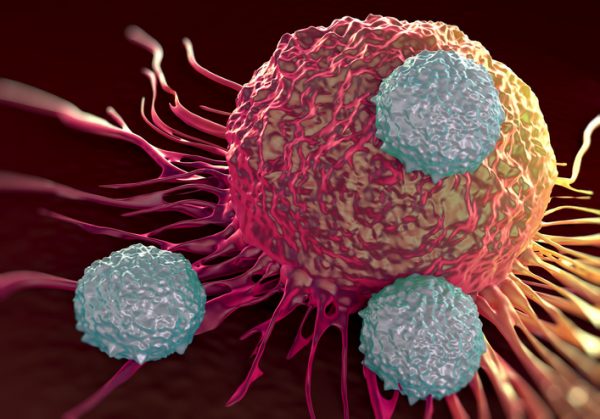
A clinical trial that was a big part of a more than $1 billion partnership between a large drugmaker and a small-cap biotech company has flopped.
South San Francisco, California-based Five Prime Therapeutics said Tuesday that it had received word from Bristol-Myers Squibb that a Phase II clinical trial combining Five Prime’s cabiralizumab and BMS’ cancer immunotherapy drug Opdivo (nivolumab), with or without chemotherapy, in patients with advanced pancreatic cancer had failed to meet its primary endpoint of progression-free survival. However, there were no new problems with safety that were observed.

With the Rise of AI, What IP Disputes in Healthcare Are Likely to Emerge?
Munck Wilson Mandala Partner Greg Howison shared his perspective on some of the legal ramifications around AI, IP, connected devices and the data they generate, in response to emailed questions.
The partnership between the two companies had been announced in October 2015 and was focused on the development of cabiralizumab, then known as FPA008. BMS would have paid Five Prime up to $1.74 billion, including an upfront payment of $350 million, plus milestones and additional royalties on sales.
Shares of Five Prime fell 10% on the Nasdaq following the news Tuesday, but on Wednesday were up 15.5%. The company said Wednesday that it had licensed multiple monoclonal antibodies to Seattle Genetics, which plans to use them to develop antibody-drug conjugates, drugs that include a monoclonal antibody with an attached pharmaceutical payload. Seattle Genetics paid Five Prime $5 million upfront and will pay the company up to $525 million in milestone payments for the first two product candidates it develops.
In the wake of the Phase II study’s failure, BMS will continue to support cabiralizumab’s development in investigator-sponsored trials and may look at future development opportunities. However, Five Prime said that BMS has no near-term plans for additional sponsored development of the drug, which works by targeting the protein CSF1R.
Several studies sponsored by investigators at academic institutions involving the drug are currently ongoing, according to ClinicalTrials.com. One, taking place under the auspices of the Big Ten Cancer Research Consortium in the Midwest, is testing the combination of cabiralizumab and Opdivo in peripheral T-cell lymphoma. Another, at New York University, is testing Opdivo with either cabiralizumab or another BMS drug, BMS-986253, in advanced liver cancer. BMS-986253 is a monoclonal antibody that targets IL-8. NYU is also sponsoring a study of Opdivo and cabiralizumab in pancreatic cancer, combined with radiotherapy.
Photo: royaltystockphoto, Getty Images














